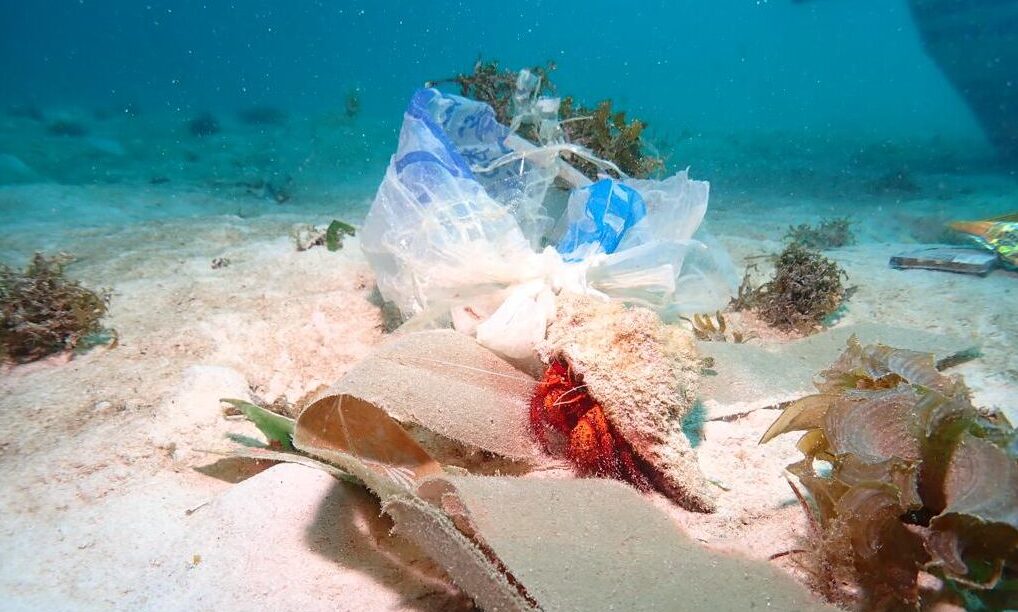Menu
Ever thought about pursuing a career in marine conservation or just want to learn more about our oceans and what you can do to help protect them? Then come and join our team for a Conservation Internship and get an insight into all areas of our work!
Internships are for 2-weeks and are designed to allow participants to learn more about the marine environment, with a key focus on marine conservation. You will learn more about the biology of the various animals that we work with, the threats they face, conservation efforts locally and globally, as well as having the opportunity to gain practical experience in a wide variety of activities.
The following are the costs of the Conservation Internships:
The first thing we will look at is the ocean itself, the habitats that exist, what makes up a healthy marine environment as well as the marine species that live in it.
Learn more about the reef fish we see around Mabul Island as well as how to identify them. During the course of the day you will learn about the different families, interesting facts about them and how to identify them. This will be followed by 2 dives where you put what you learnt into action by identifying the fish we see on the dives.
This will be further expanded on when we look at indicator species, why they are important and further practise how to identify them.
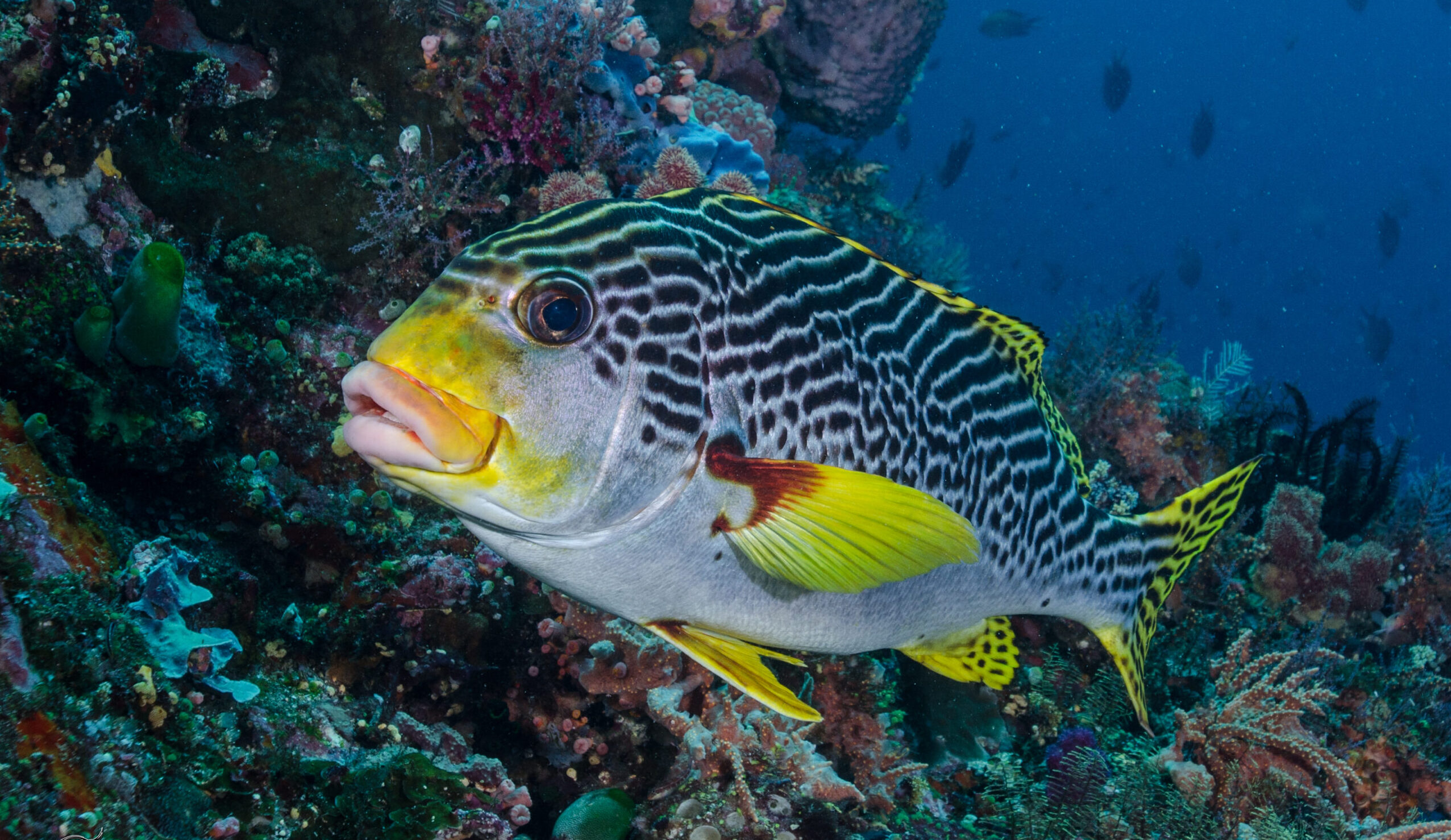
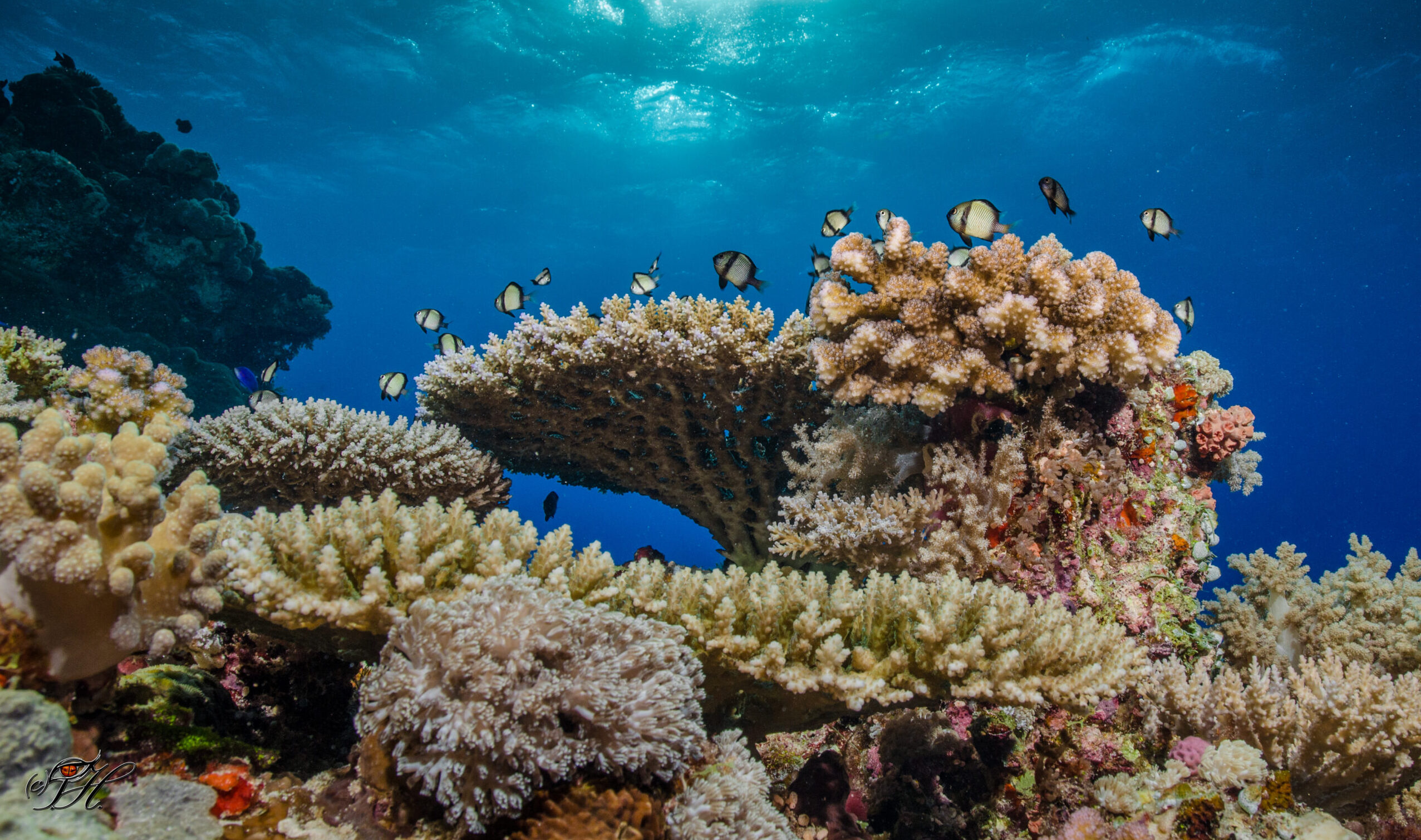
This includes a presentation on corals, what they are, how they grow and what they need in order to survive. We will also look at how to identify different corals and conduct citizen science coral surveys and enter the data into the database.
We may also conduct work on our proposed coral nursery which could include surveying the area to monitor currents, completing a coral abundance survey as well work to prepare the materials for the coral nursery itself.
On Mabul Island we have a turtle hatchery where we relocate turtle nests in order to give them the best chance of survival. Our interns will have the opportunity to attend nestings when they occur and to observe first hand while a turtle digs her nest, lays her eggs, covers the nest and then leaves. They can also watch as we locate the eggs and remove them before taking them to the hatchery and placing them in a new nest. If a hatching occurs then our interns can observe while we count the babies as well as excavate the nest in order to collect the data on hatching success rates.
We will also have a presentation to learn more about turtles, their evolution and biology as well as the threats they face. We will conduct turtle identification dives where we take pics of turtles in order to enter them into our database to determine if they are new turtles or turtles we have seen in the area before.
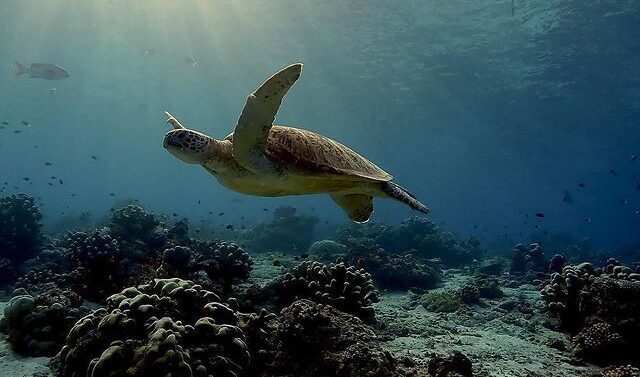
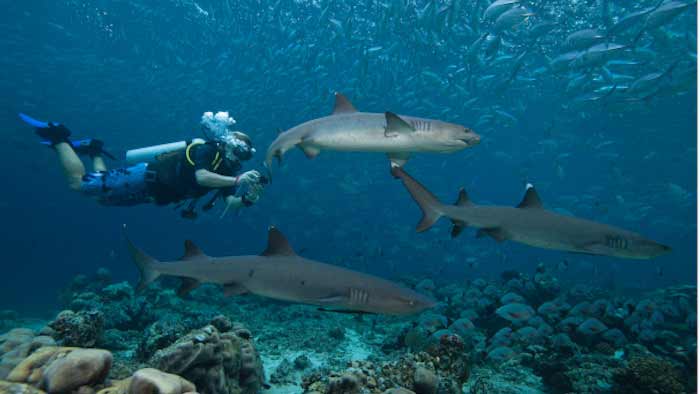
Our work in this area is focused on collection of data regarding the shark population at Sipadan so that we can track whether the population is declining or growing as well as looking at the trends throughout the year. We do this through the data collected by our guides at Sipadan which we then enter into our spreadsheet.
We will have a presentation all about sharks again looking at their evolution, biology and threats faced by sharks. If our interns are diving at Sipadan then we also have the potential to complete a shark survey.
Unfortunately marine debris is a huge issue in this area and a huge part of the work we undertake here. This element of the internship will include a presentation in order to learn more about marine debris, where it comes from and ways to tackle it.
We will conduct marine debris dives where we not only collect trash but we also collect data which is then entered onto the PADI marine debris database. We also do a weekly beach clean up with staff and guests where we collect trash from the beach but also record data which is submitted via the the CleanSwell app.
